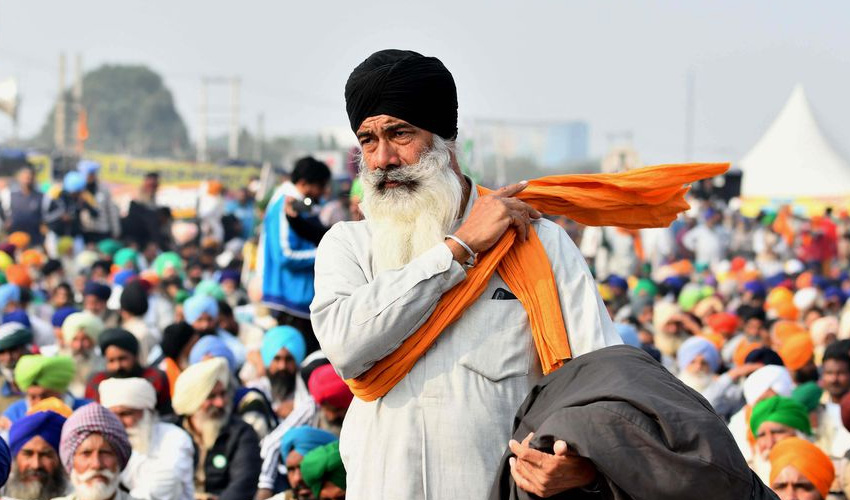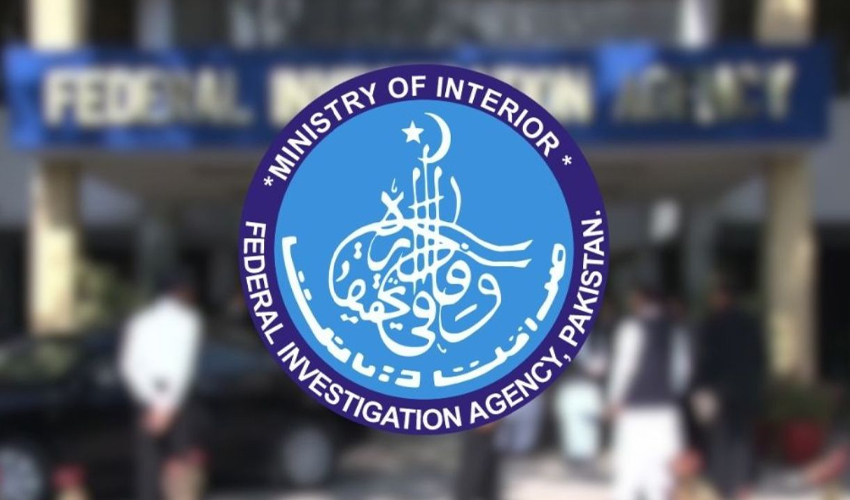On the 19th day of the ongoing Delhi Chalo March, tensions escalated as Haryana police continued to confront protesting farmers despite calls for restraint amid farmers rejecting the government's proposed system.
Human Rights Watch raised concerns over excessive force used by the police, emphasizing the need for a peaceful resolution.
Farmer leaders announced plans to intensify protests at Shambhu and Khanuri borders and endorsed sit-ins in Dabwali, denouncing the government's failure to address their demands.
Criticizing the government's indifference, leader Sarwan Singh Pandhar emphasized the need for legal guarantees on minimum support prices for crops. Meanwhile, social media platforms faced backlash for suspending accounts supporting the farmers' cause, sparking accusations of stifling expression and fueling communal tensions.
The Ministry of Information and Broadcasting further heightened tensions by banning a documentary on the protests, citing sensitivity. Additionally, Haryana Police revoked visas of protesting farmers, exacerbating the situation.
The protests also led to a crisis in Punjab, impacting diesel and gas supplies, while heavy traffic on the Delhi-Noida border hindered commuters. With thousands of farmers converging on the Punjab-Haryana border and mobile internet services suspended in Haryana-Ambala areas, the protests show no signs of abating, indicating a widening unrest beyond Punjab.



























